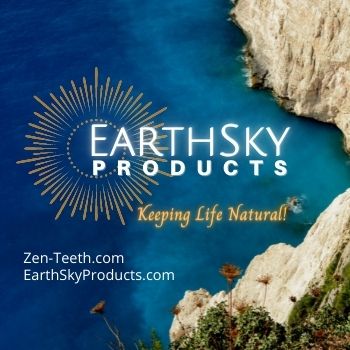Levi Strauss & Co. has created a new line of clothing made with hemp that “feels just like cotton.” Hemp requires far less water and land in the growing phase and has roughly half the carbon footprint of conventionally grown cotton but has not had wide adoption in the apparel industry because of its coarse feel.
Now, however, Levi’s has employed a process developed by fiber technology specialists that softens the hemp, giving it a look and feel that is “almost indistinguishable from cotton,” the company says. The new hemp garments in the Wellthread x Outerknown spring/summer collection include jeans and a trucker jacket. They are made with a 70/30 cotton-to-hemp blend. The hemp, sourced from a rain-fed hemp crop, reduced the water used in fiber cultivation by roughly 30%.
Sustainable clothing company Outerknown developed the treatment for the hemp used in the Wellthread collection. Levi’s says more garments will use the material in coming days.
The new collection also includes single-fiber, nylon board shorts, in which all materials – the fabric, the eyelets, the core, the stitching – are made from nylon and are thus fully recyclable, “thus achieving the closed-loop recyclability that has long eluded apparel companies,” according to Levi’s.
The Levi’s Wellthread Collection, launched in 2015, is created with a waterless dyeing technology, which uses up to 70% less water compared with conventional indigo dying. The Wellthread x Outerknown collection launched last fall. The line includes shirts, jeans, and jackets that use as much recycling as possible, according to the two companies. A quilted trucker jacket, for example, has a multi-colored interior lining made from mechanically recycled cotton. The denim exterior is woven with Tencel x Refibra, a fiber produced with wood sourced from responsibly managed forests and chemically-recycled cotton scraps.
Outerknown, a clothing company marketing surf wear made from eco-friendly raw materials, launched in 2015 around the philosophy of doing things “the right way.” With its tagline of “People and Planet,” the company focuses on creating clothes made sustainably and acknowledges the fact that such clothing necessarily comes at a higher cost. “We’re building a very profitable business off customers that not only will pay more for preferred fibers but will only wear things that use preferred fibers,” Mark Walker, the company’s CEO, told Barrons.
The apparel industry is increasingly being scrutinized for its sustainability (or lack thereof), from raw materials use through manufacturing all the way to retail. Practices that might have been overlooked in the past — using polluting chemicals, trashing garments — have been making headlines and prompting brands to make changes. Companies that seem to be taking sustainability to heart with environmentally responsible initiatives include C&A, The North Face, Timberland and Vans.
Interested in learning more about the business case for sustainable apparel? Join us at the 4th Annual Environmental Leader & Energy Manager Conference, taking place May 13 – 15, 2019, in Denver. Learn more here.






